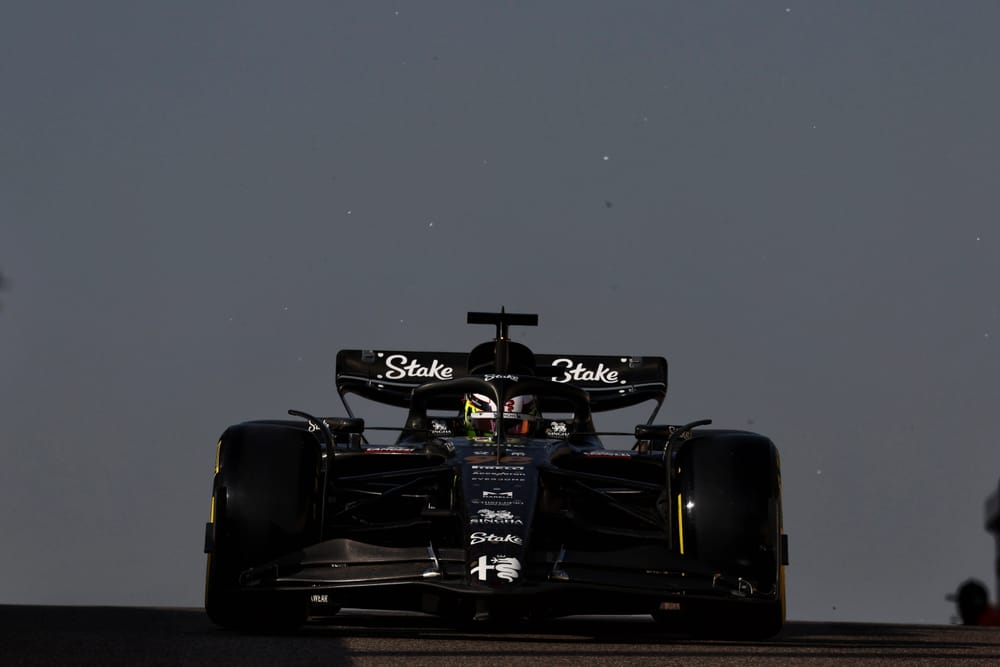Up Next

Nico Hulkenberg is an easy punching bag for some - most Formula 1 starts without a podium, now joint-most starts without a win, yada-yada - but Audi picking him as its first F1 signing is easy to enjoy.
A grand prix career that looked down and out was resuscitated by Hulkenberg's eagerness to bet on himself in taking up a not-so-desirable Haas seat and immediately making a sustained great impression on it.
The belief that the peak of his F1 career is still to come, that Audi can finally make it happen for him, is a tantalising one - whether it comes to fruition or not.
Yet the multi-year commitment to a driver with 200+ grand prix starts and counting will inevitably trigger some hand-wringing over the plight of rookies in F1 - and not all of it will be misplaced, or completely baseless.
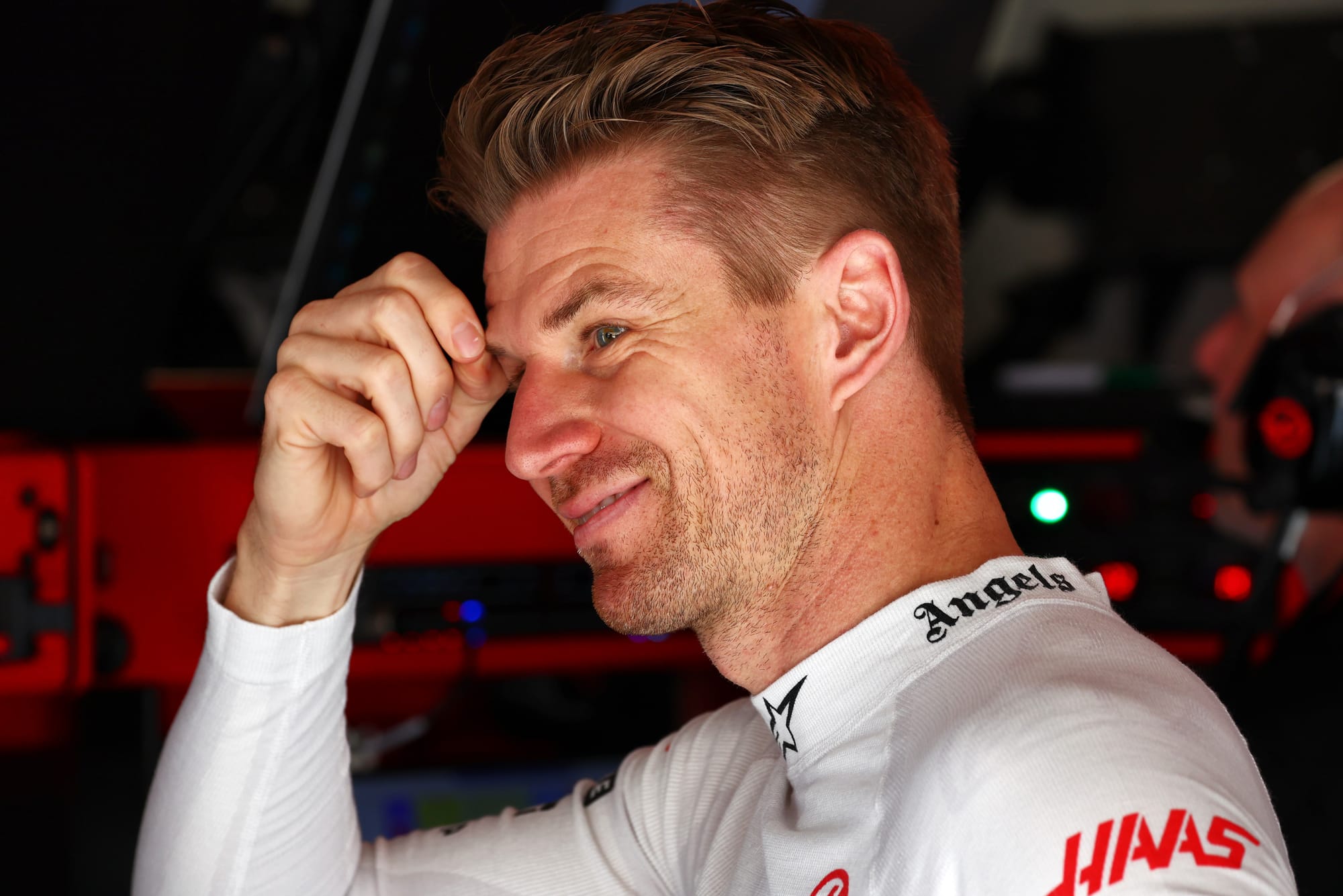
Audi's signing of 36-year-old Hulkenberg, though obviously a singular act, does feel representative of just how much more comfortable teams are now with banking on driver longevity.
Hulkenberg's been announced on a "multi-year" deal with Sauber and Audi, explicitly covering at least 2025 and 2026. German reports have suggested 2027 is in the mix there, too, albeit with the question of whether this is as a firm commitment or a more traditional '2+1' structure with an option on Audi's side or both sides (or, somehow, Hulkenberg's side, but surely not).
But if Hulkenberg does keep that seat into 2027, that will be his age-39/40 season, with a campaign finale that will then be set to feature three drivers aged 40+ in Hulkenberg, Lewis Hamilton and Fernando Alonso.
And that would be quite symbolic for F1.
Since Nigel Mansell ended his otherwise legendary F1 career with an ignominious McLaren stint aged 41 in 1995, F1 hasn't really seen that many drivers of a similar age compete.
There was the Mercedes comeback version of Michael Schumacher (who raced until he was 43) and the Alfa Romeo career-extension version of Kimi Raikkonen (41 when he exited F1). There was Pedro de la Rosa suddenly stepping up as a full-timer at HRT aged 41. And right now we have the irrepressible Alonso.
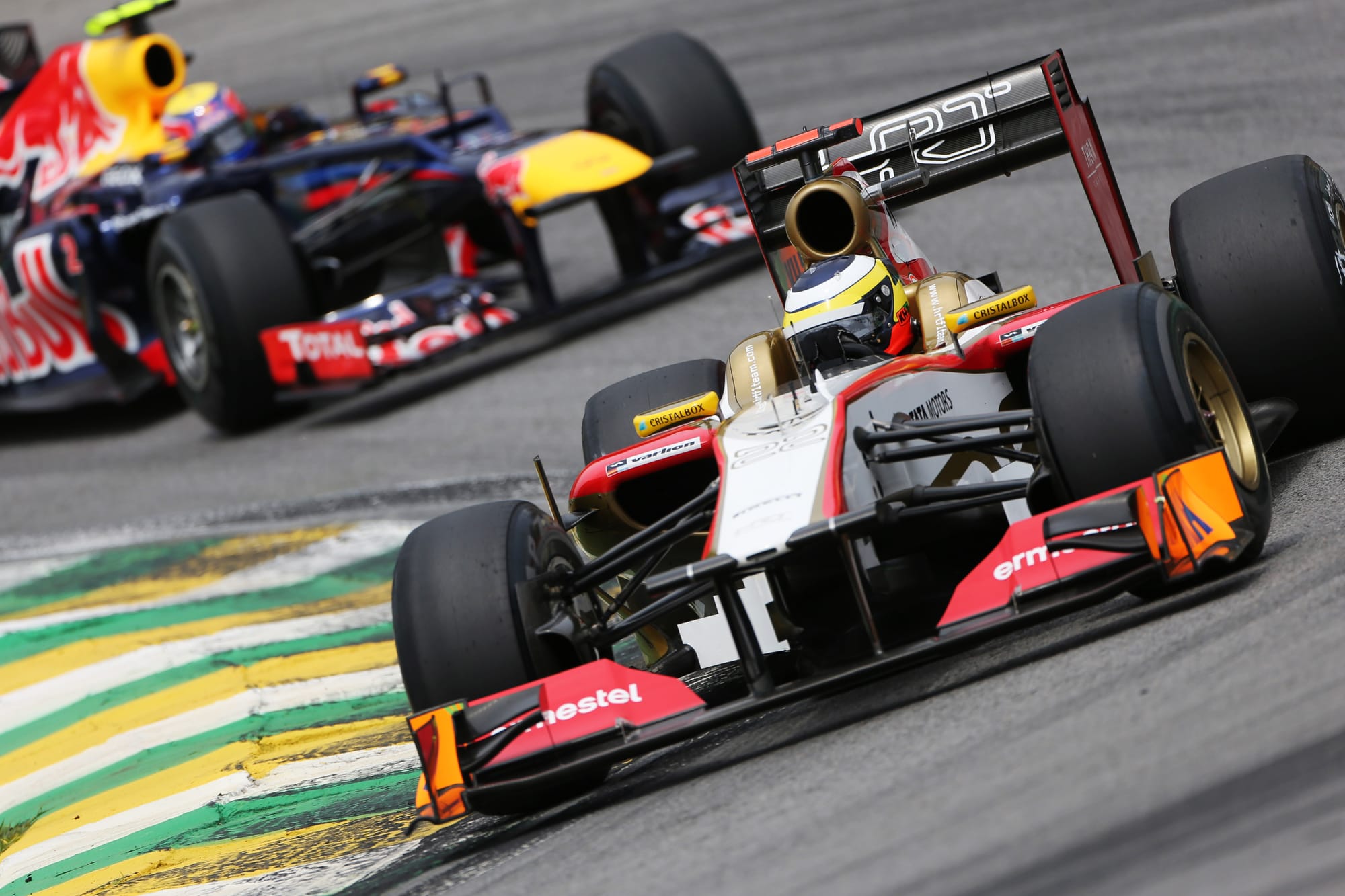
Short of de la Rosa (no offence, good driver) getting his unusual chance at the oddball, ultimately-doomed Spanish team, these other drivers are all icons, champions. Hulkenberg is not - his peaks have not been the peaks of a Schumacher or an Alonso, obviously - yet here Audi is, seemingly unconcerned by any potential drop-off in performance.
On the heels of an off-season in which no seat changed hands at all, it is an interesting spectre. It is not indicative of F1 becoming a closed shop for rookies - but potentially something a little more nuanced.
After all, F1 looks nailed-on to have rookies next year. Andrea Kimi Antonelli's debut, whether at Mercedes or as a loanee elsewhere, looks unavoidable. Oliver Bearman, his Prema Formula 2 team-mate, is a heavy favourite to take over the Hulkenberg-vacated Haas.
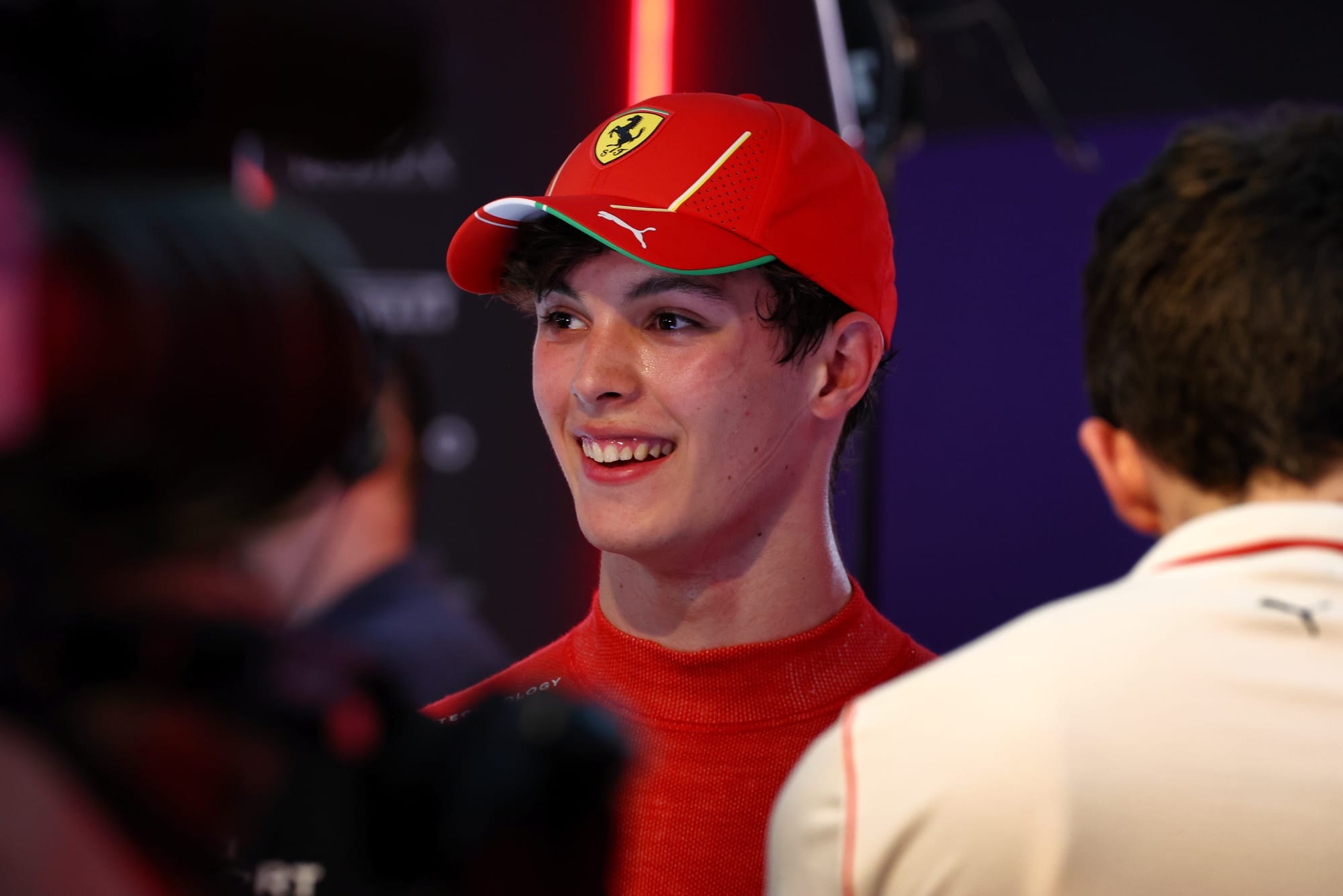
But those two are widely recognised as extremely high-upside bets, clearly backed to the hilt by the big manufacturers supporting them. Antonelli's uninterrupted success through the ranks and Bearman's impeccable Saudi Arabian Grand Prix debut for Ferrari give them both the x-factor. They were always going to be fine - there was always going to be a place.
The longer-shot prospects, though, the drivers who took a little bit too long or had a misstep somewhere along the way - their opportunities look as limited as ever. Maybe now even more so.
Sauber has the reigning Formula 2 champion on its books in Theo Pourchaire - and the current F2 points leader in Zane Maloney. But neither is seemingly even in the conversation for the coming years.
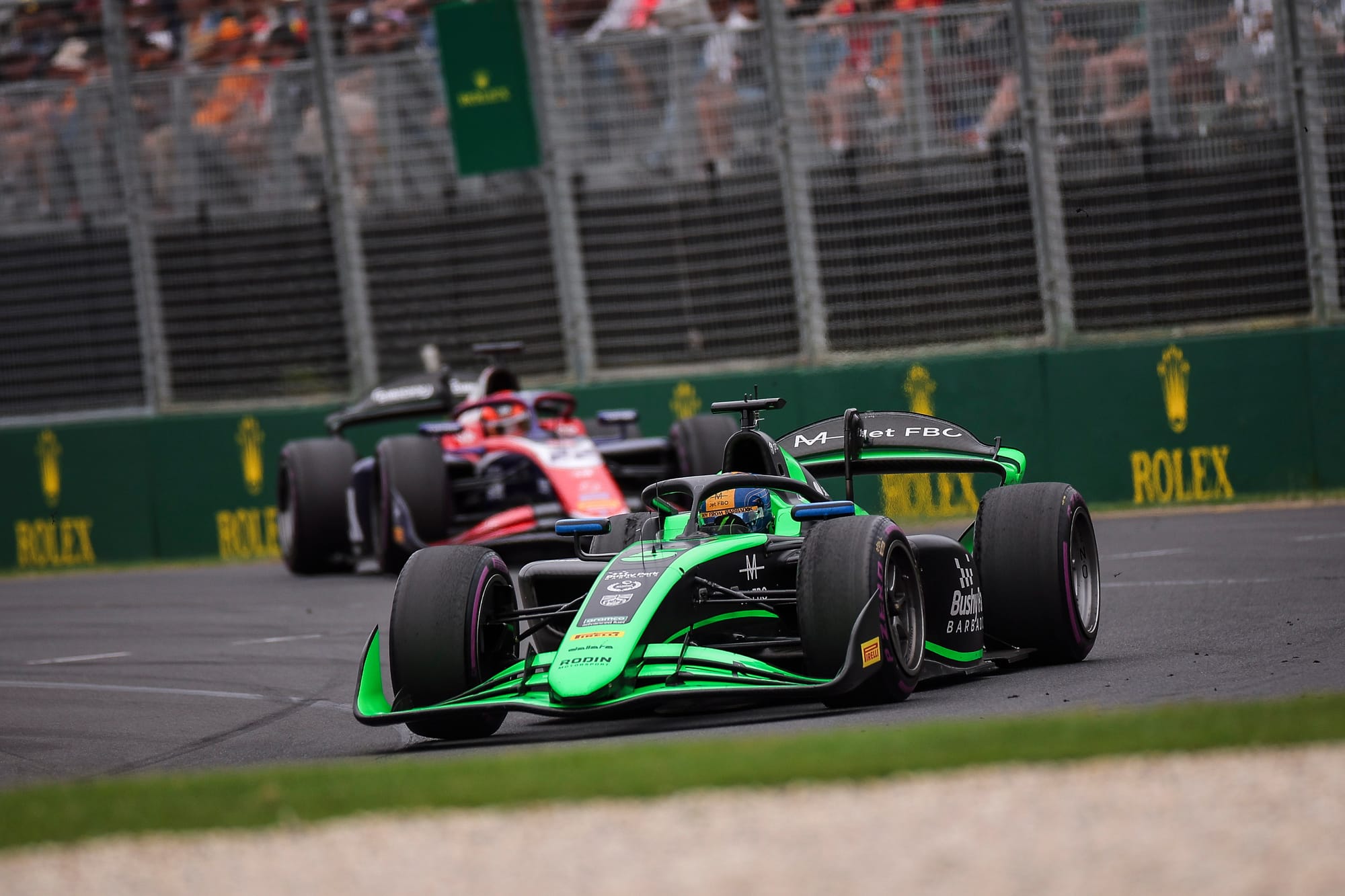
A new project like Audi's was always going to need an experienced hand to steer it, but with testing continuing to be so limited, Sauber and its ambitious new owner won't be alone in feeling they can't really afford to roll the dice on a rookie with even one of the cars.
After all, that has been the Haas mantra for a few years now - a mantra it forewent with the signings of Mick Schumacher and Nikita Mazepin (which it clearly didn't feel particularly rewarded by in the end).
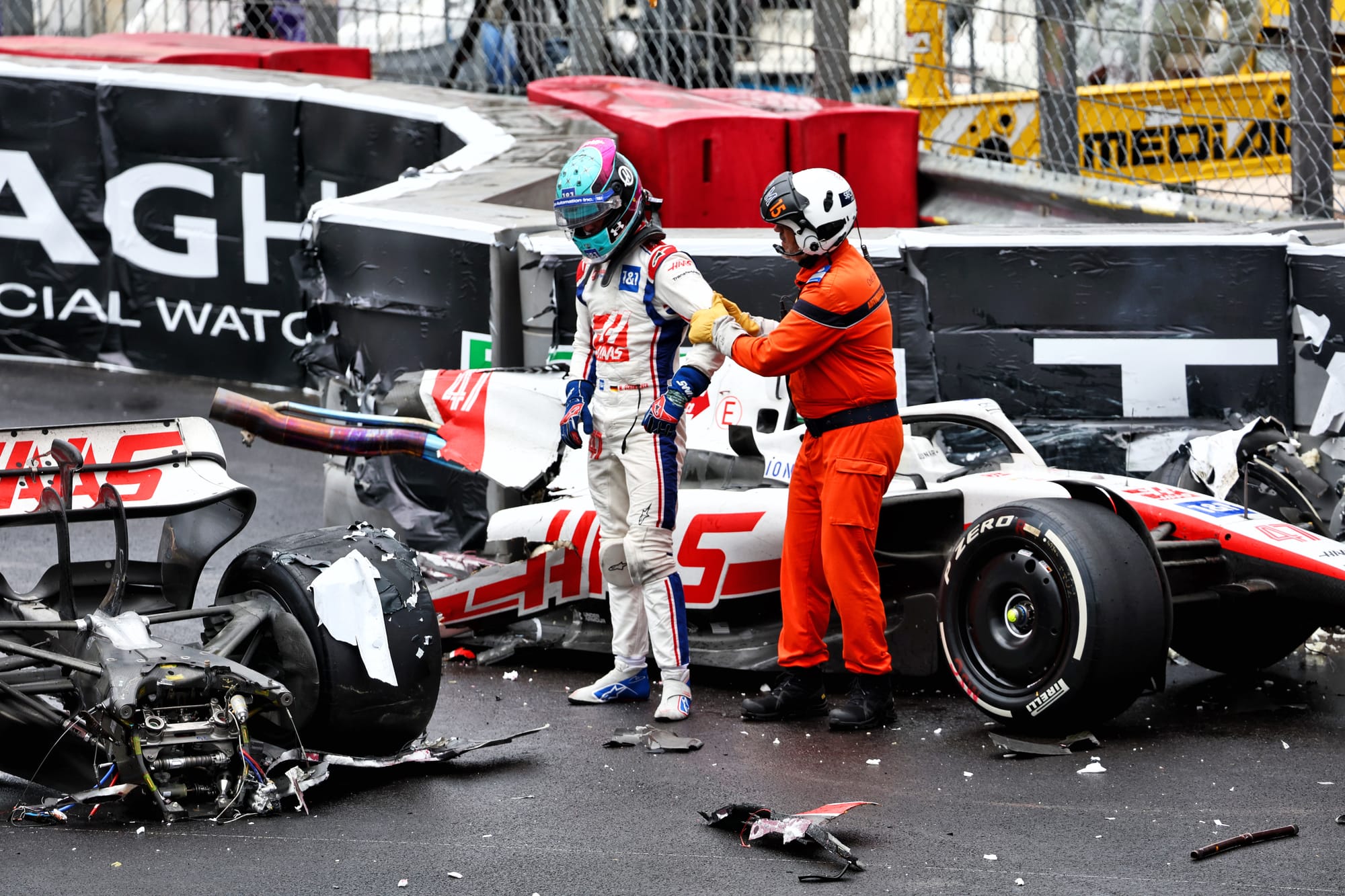
If there isn't the obvious upside of an Antonelli or a Bearman, if there is any room for doubt - like with Pourchaire, whose momentum was snuffed out in F2 despite his title, or the driver he succeeded as F2 champion, Felipe Drugovich... Well, it seems that the risk that a rookie just doesn't adapt, comes in and leaves 10-20-30 points on the table without the guarantee of those points being made up in the future just doesn't appeal.
There will be exceptions - probably Red Bull-driven, or perhaps in Alpine deciding to give Jack Doohan a nod after a year of reserve driver-ing - but it's hard to shake the feeling that the F1 rookie 'middle class' has been eroded.
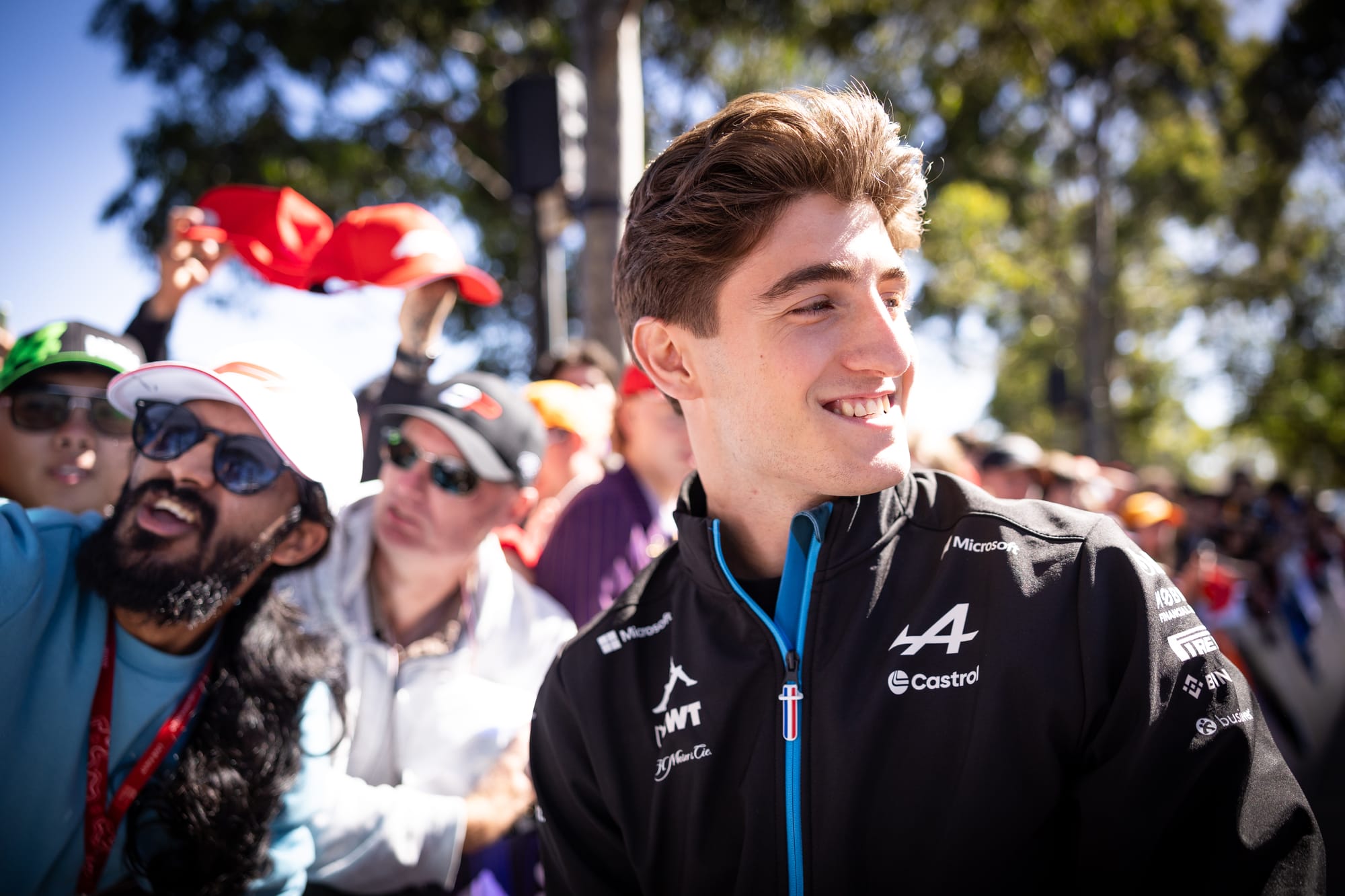
Part of that is grid size, and inevitably the spectre of Andretti looms large over any such discussion, though it is frankly laughable to imagine that established F1 teams might be swayed by the argument of 'more seats for rookies!' in the question of whether to let Andretti in.
But in addition to that it's also, clearly, seeing drivers like Hulkenberg, like Hamilton, like Alonso, or like the 34-year-old Sergio Perez performing close enough to their prime.
In Audi's case, it probably doesn't even want a Hulkenberg 'close' to his prime - but a Hulkenberg 'in' his prime. Which is what he's looking like at Haas, really.
The fact Audi believes that could continue all the way to his age 40, and the fact it has precedent to believe that, isn't great news for the slightly less-starry juniors hoping to get their foot in the F1 door.

